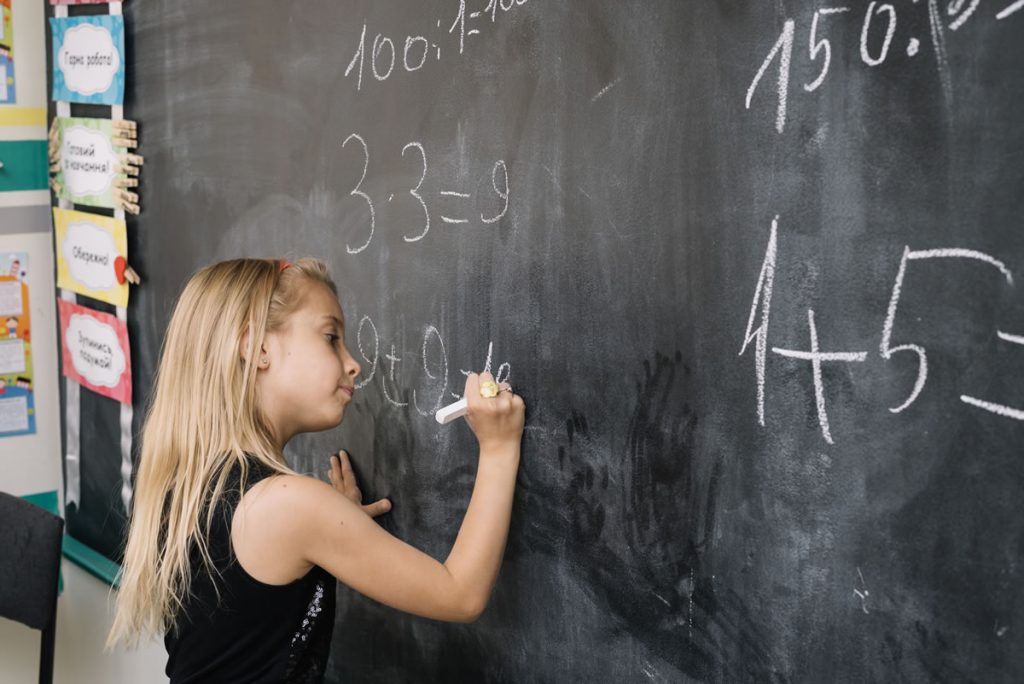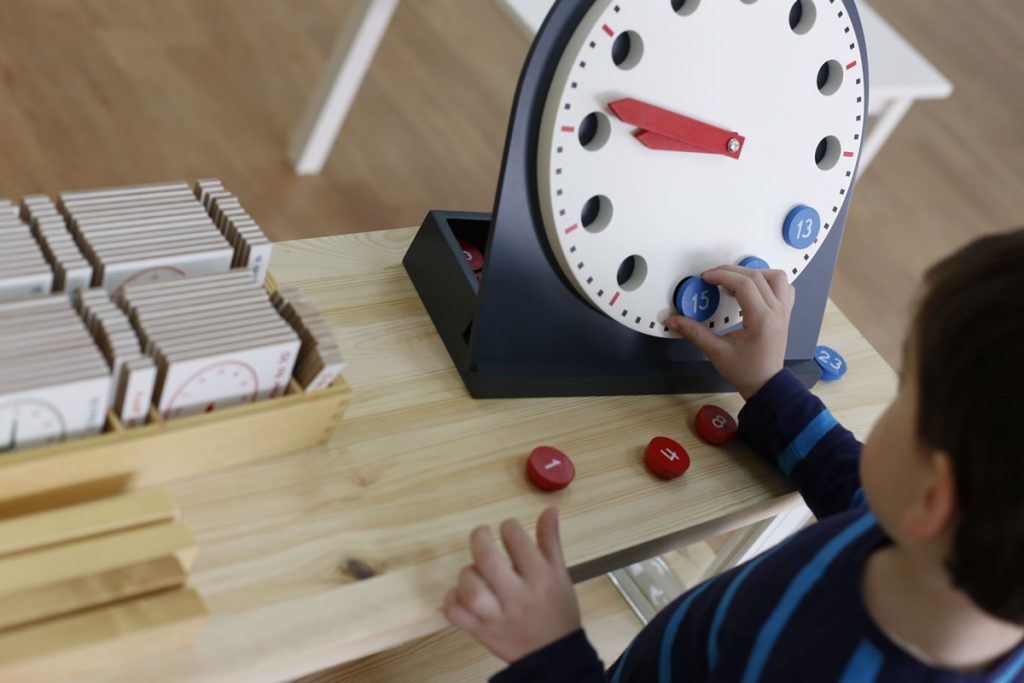Piaget’s contributions to mathematical logical thinking have had a great impact throughout the world, thanks to his psychogenetic perspective. Let us remember at this point that Piaget was a biologist by profession, after which he would study psychology creating great contributions to psychopedagogy. This scholar left an interesting approach to intelligence and in his works argued that it is important to use child psychology to find solutions to adult problems. With this premise, we can understand Piaget’s way of thinking about intelligence and his inclination towards child pedagogy .

In this sense, according to Piaget, there are 3 types of knowledge, which are: physical knowledge, logical-mathematical knowledge and social knowledge , but in this article we want to delve into logical-mathematical knowledge. What does it consist of?
Shall we start?
Logical-mathematical thinking
Logical-mathematical thinking is abstract, it does not exist in the physical or real world. It is a product of the order that people give to the observed objects. For this reason, from the teachings of Piaget we can extract some reasoning that will facilitate the process of learning mathematics for children, something tremendously important if we take into account that it is one of the subjects that most resist and that are most complicated by lots of children (and older ones too). But let’s see more aspects about logical-mathematical knowledge according to Piaget. What differentiates this type of knowledge from the other three that you established in your writings?
- When mathematical knowledge is processed it is not forgotten, because the experience comes from action and not from the passivity of observation.
- Logical-mathematical thinking is an intellectual activity, but before being assimilated as such, children must go through a previous process in their preschool stage. Therefore, at this stage, children must learn to classify, serialize and have a notion of numbers . This is what will allow children to have a certain abstract mental order necessary for the intellectual activity of mathematics.
- Teachers and parents should provide preschool children with learning processes where real objects (such as a chair or a person) are related to abstract objects (such as numbers).
- It is important to emphasize learning to classify things . Classifications that are made based on the similarities, differences, and general characteristics of objects.

- The logic begins by teaching seriation to children. In a seriation, there must be a reference to establish comparative relationships , such as locating a number in the middle, since the previous ones are smaller and the later ones are bigger.
- And perhaps the most important of all is the notion of “number”, which is essential to teach in the early ages. This is a fundamental reflective abstraction concept in the process , since it will allow to achieve positive results in classification and serialization activities.
In short, for Piaget, logical- mathematical knowledge is necessary to develop the other two types of knowledge, physical knowledge and social knowledge, since only from the abstraction that is learned with mathematics, it is possible to learn the conventional social norms and the non-visible energy abstraction.











































































































